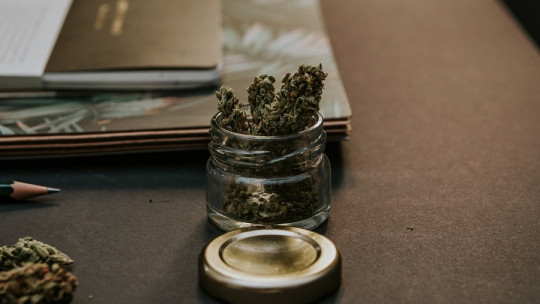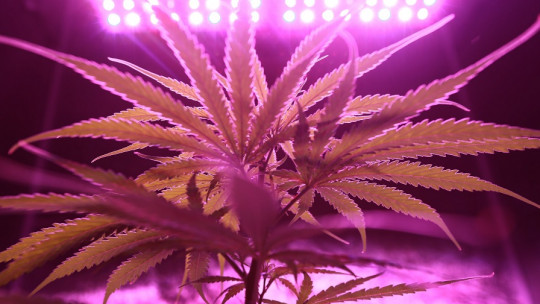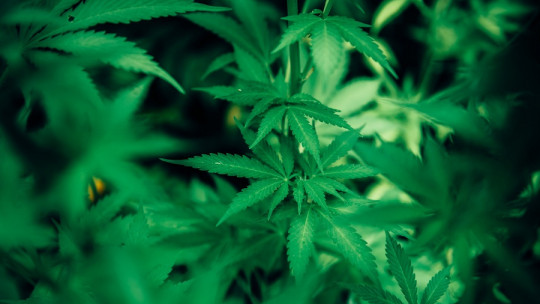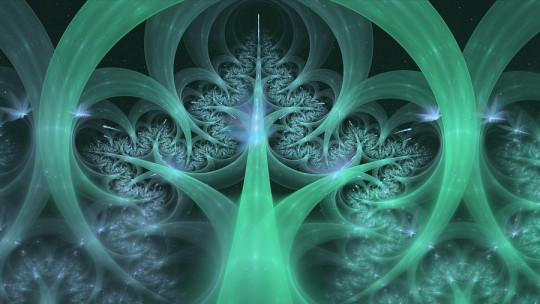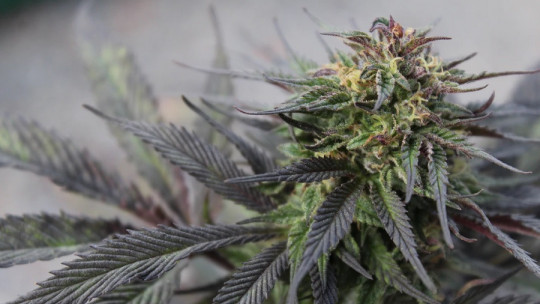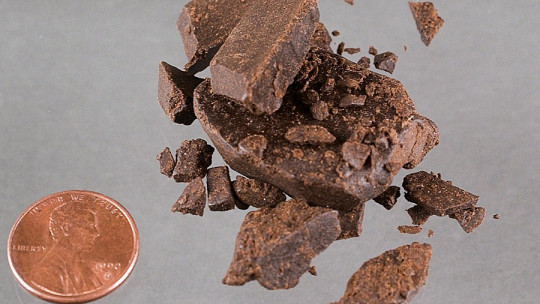
Hashish comes mostly from the flowers of the cannabis plant. As in marijuana, its main active component is delta-9-tetrahydrocannabinol or THC, however, its concentration is higher compared to marijuana, especially when talking about some derived products, such as hashish oil.
Its psychotropic effects are similar to those produced by marijuana, producing emotions such as euphoria and satisfaction, but also affecting the cognitive sphere.
In this article We will see what are the main effects of hashish to what degree it is harmful and what its consumption produces in the short and long term.
Is hashish harmful?
The product extracted from the cannabis plant is considered a drug which can induce a disorder due to its consumption, therefore, its derivatives also receive this category.
Although in recent years a powerful movement has been generated that is in favor of legalizing these substances, defending their medical and psychological benefits, the truth is that research indicates that it is a clearly harmful substance in most contexts whose abuse can pose a real danger to life and be seriously harmful to cognitive status.
Within the aforementioned movement, there are those who believe that this substance can be administered to minors; However, research on the subject has shown that giving hashish or other cannabis derivatives to children and adolescents can cause damage to the white matter of the brain, affecting learning and memory. The consumption of hashish during pregnancy can cause intellectual problems in the baby.
Hashish use has been linked to other substance abuse Although this does not mean that it is the cause of, for example, alcoholism, the truth is that in the social contexts in which substances derived from cannabis are consumed, other drugs are frequently found, and the environment favors trying them.
Long-term hashish abuse has been linked to the development of mental disorders, such as paranoid schizophrenia and psychotic disorders in general.
Effects of hashish
Below we will review the main effects that hashish produces on the body whether its consumption is punctual or abusive.
The objective of this article is to inform, not demonize, the consumption of this substance in all contexts and in any quantity and frequency. For this reason we will see both the positive and negative effects that hashish produces.
1. Positive short-term effects
These are several of the short-term effects that can be considered positive in some contexts
2. Negative short-term effects
Below we review the effects of hashish that They tend to be negative in practically all contexts
3. Long-term effects
These They occur especially when the person frequently consumes hashish especially when she meets the criteria to be diagnosed with a cannabis abuse disorder.
Dependence on this substance
Prolonged consumption of hashish can involve changes at a physiological level. The body gets used to this substance causing abrupt abandonment of consumption to cause what is colloquially called mono.
Cannabis and its derivatives are potentially addictive substances Furthermore, people who struggle with this addiction are frustrated, since no matter how much they try to stop consuming hashish or any other substance of the same family, they may feel pressure from the circle of friends who introduced them to the consumption of this substance. .
In many places, cannabis derivatives are illegal, and their possession carries financial penalties or even jail time.
Also, because hashish abuse usually generates emotional and cognitive impairment, aspects such as employment, family environment and studies can be affected significantly due to dependence on this drug. The person may suffer anger control problems when they stop using, causing them to be extremely irascible towards family members or in the work environment, and situations may arise that involve abandonment of loved ones or dismissal.
As the consumption of this substance is prolonged, the tolerance process occurs. The greater the tolerance, the more severe the symptoms will be that the addicted person manifests when he decides to stop using hashish. This can create a situation that can only get worse if you do not seek professional help, such as a psychologist specialized in addictions or entering a rehabilitation clinic.
Among the most common symptoms when hashish consumption is stopped, we can mention irritability, anxiety, sleep problems, such as insomnia and extremely disturbing nightmares, eating problems, such as loss of appetite or binge eating and consequent weight gain, as well as having the constant feeling of needing to consume.

